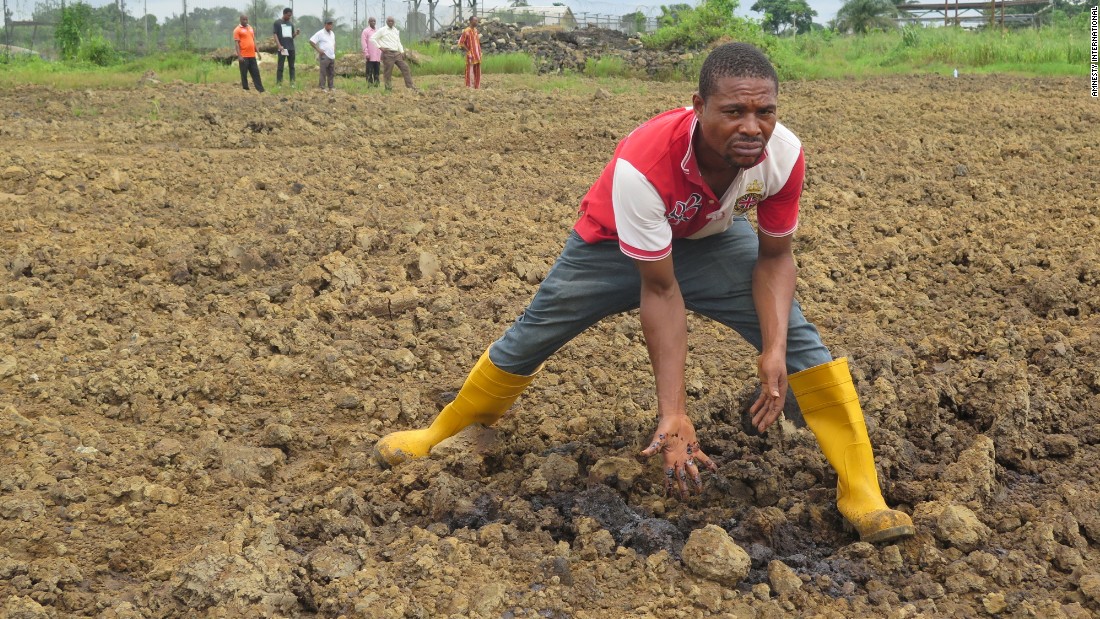
The World Day, which raises awareness of international efforts to combat desertification, was established 25 years ago, along with the UN Convention to Combat Desertification, the sole legally binding international agreement linking environment and development to sustainable land management.
Running under the slogan “Let’s grow the future together”, the 2019 World Day focuses on three key issues related to land: drought, human security and climate.
By 2025, says the UN, two-thirds of the world will be living under “water-stressed” conditions – when demand outstrips supply during certain periods – with 1.8 billion people experience absolute water scarcity, where a region’s natural water resources are inadequate to supply the demand. Migration is likely to increase as a result of desertification, with the UN estimating that, by 2045, it will be responsible for the displacement of some 135 million people.
The importance and urgency of addressing these challenges in Nigeria are more widely recognized than it was two decades ago as shown in the adoption of achieving land degradation neutrality as one of the Sustainable Development Goals.
Land in Nigeria has long been a silent casualty of war and armed conflict. From the contamination of land and the destruction of forests to the plunder of natural resources and the collapse of management systems, the environmental consequences of militancy in the Niger Delta, terrorism in the North and herdsmen-farmers’ crises across Nigeria are often widespread and devastating.
A large proportion of Nigerians in conflict-prone areas have the luxury of mobility which is not applicable to the land. Land is static, never mobile hence it is subject to varying degrees of exploitation and despoliation. Because land is fixed in quantity, there is ever-increasing competition to control land resources and capitalize on the flows of goods and services from the land. This has the potential to cause social and political instability, fuelling poverty, conflict and migration. Some of the environmental problems associated with crises-torn areas in Nigeria include: habitat degradation, reduced access to water points and other vital resources, species loss, alteration of the natural food chain, and additional pressure on biodiversity.
Climate and Sustainable Development Network (CSDevNet) believes attention must be paid to land if meaningful result is to be achieved as Nigerians depend on it for both their long-term and immediate needs. hence any developmental strategy including the Economic Growth and Recovery Plan (EGRP) that does not encompass environmental remediation and land neutrality will not achieve meaningful results.
To achieve land neutrality in Nigeria, Governments across all levels and stakeholders must strive to create a country where the amount and quality of land resources, necessary to support ecosystem functions and services and enhance food security, remains stable or increases within specified temporal and spatial scales and ecosystems.
CSDevNet hereby calls for a nation-wide land remediation programme as years of insurgency, terrorism, militancy and pastoralist crises have, inadvertently left behind a land, filled with relics of war tools such as explosives, poisonous canisters and land mines. Through the deployment of weapons with high destructive capacities, both security forces and terrorists have contributed to the degradation of the Nigerian environment. Their activities in the Sambissa forest and creeks of the Niger Delta have greatly depleted the country’s forest resources just as reforestation programs have been put on hold in areas with astounding threats of desertification.
These directly affect livelihoods through decreased access to land, and inadequate access to natural resources, displacement and the loss of biodiversity. A comprehensive nation-wide clean-up exercise will go a long way in reclaiming the environment for farming and other land uses.
In Nigeria, 2030 will be a significant milestone for achieving land degradation neutrality as one of the Sustainable Development Goals. But it is a stepping stone towards a true land-based sustainable future.
By achieving land degradation neutrality, we would have more land available for further sustainable development. What becomes more important, then, will be to generate and sustain fundamental and sustainable positive change by keeping the productive land productive.
Signed.
Dr Ibrahim Choji
Chairman, Board of Trustees
Climate and Sustainable Development Network (CSDevNet)
